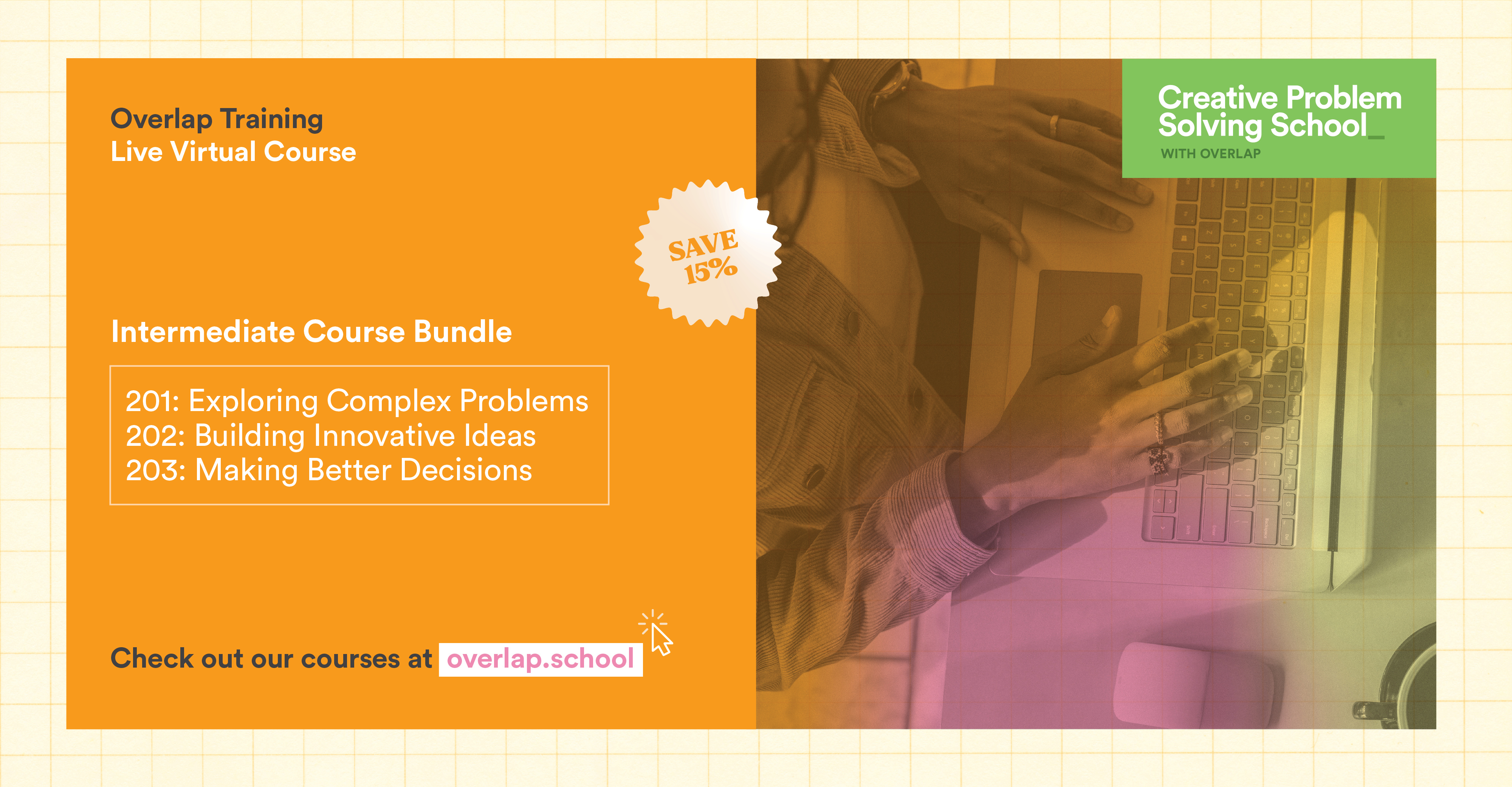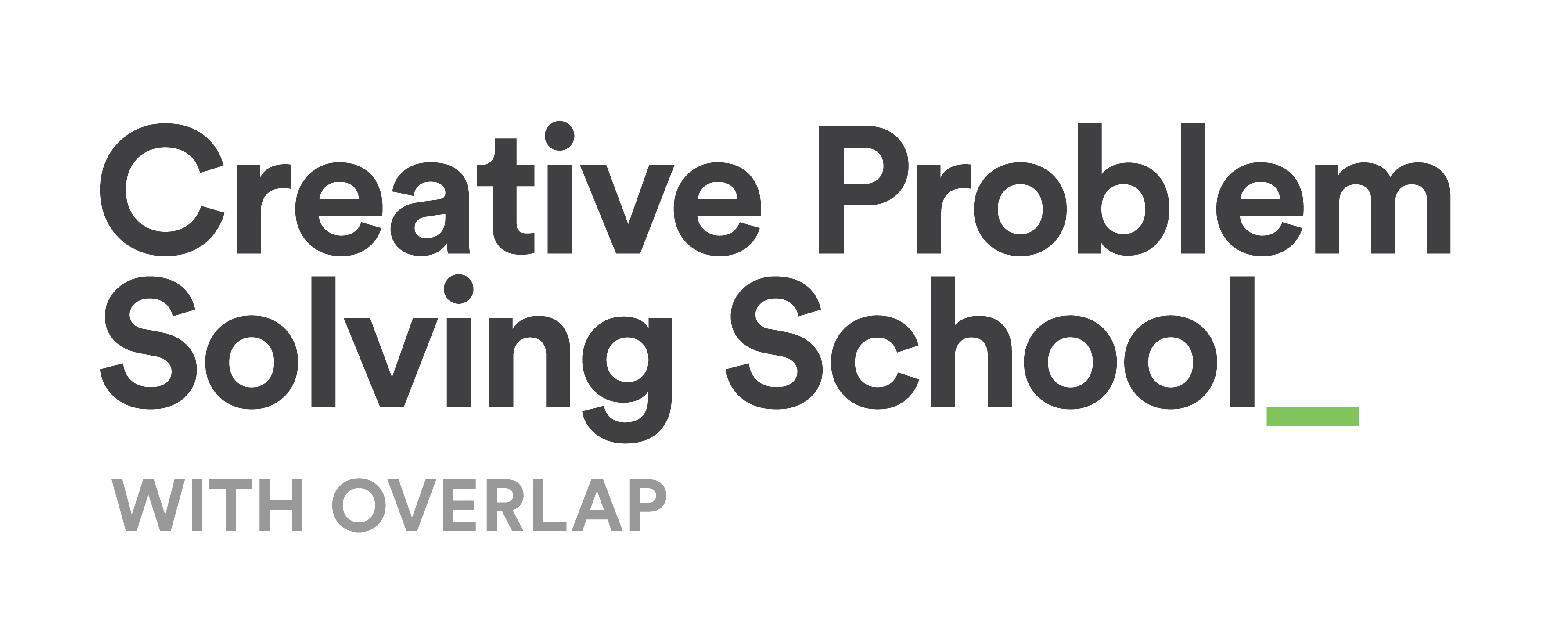About the course
Defining your problem isn’t the end of your research. It’s the beginning. Metaphorically, you’ve put a few stakes in the ground to identify where you plan to excavate. Now it’s time to start digging. Your next step is to identify and test the assumptions you have made around the problem space.
Great design is always based on research. Research is how we ground our solutions in the real needs of stakeholders, minimize misleading assumptions, and avoid over-simplifying and over-complicating things.
In this course, you’ll dive deep into the Define and Research phases of the human-centred design cycle, learning how staying in the problem space and iterating between these two phases can produce a strong foundation for ideation.
Modules
A deep dive into problem definition and research
Learn about the importance of problem framing and ways for testing your assumptions. Uncover some of the fundamental principles of doing research in a human-centred way.
Define and research in action
A hands-on session where you will try tools, techniques, and a repeatable process that will help you create new value for customers when exploring complex problems. Some of the tools and processes include getting to the root of the problem with Five Whys, mapping people impacted by your work with Stakeholder Analysis, and synthesizing your research through the use of Personas.
Learning Outcomes
By the end of this course, you should be able to more confidently jump into the Define or Research stages of the design cycle with deeper knowledge of foundational strategies as well as concrete tools for success.
What you will learn:
- The power of defining your problem: explore strategies and tips for testing your assumptions about the problem early on
- Processes to ensure your research is human-centred: explore specific tools and mindsets that always bring us back to the humans who are impacted by the solution
- Tools to help you explore your problem frame and for engaging your stakeholders along the way: practical tools and processes that you can start using right away to make an impact
Exploring Complex Problems
Creative Problem Solving: 201
(Live Online Cohort)
November 22 & 24, 2022
9am-12pm EST

Planning to take all three of our Level 200 courses? You can save over 15% by registering for all 3 courses at the same time with our new Intermediate Problem Solving Bundle!

